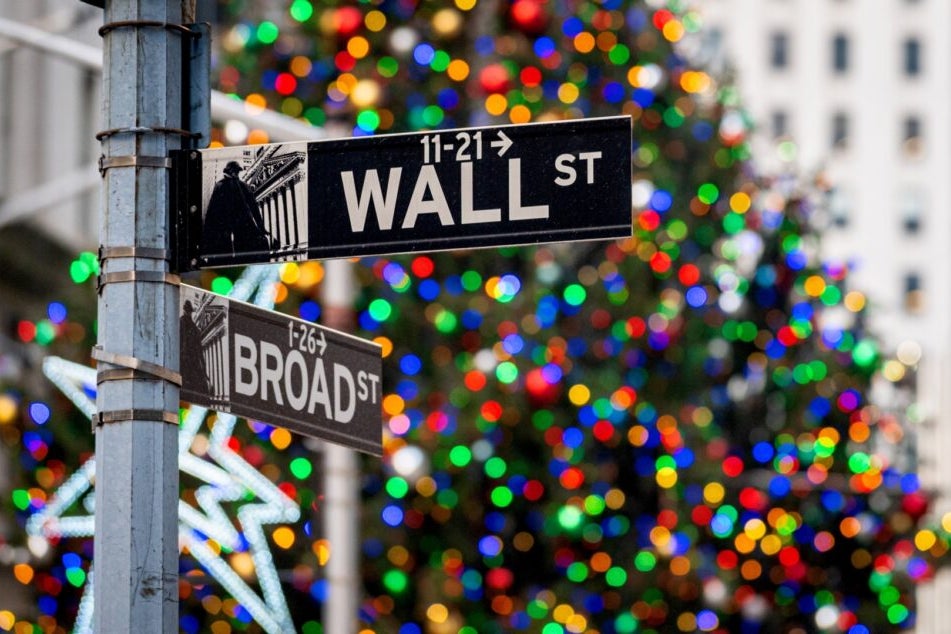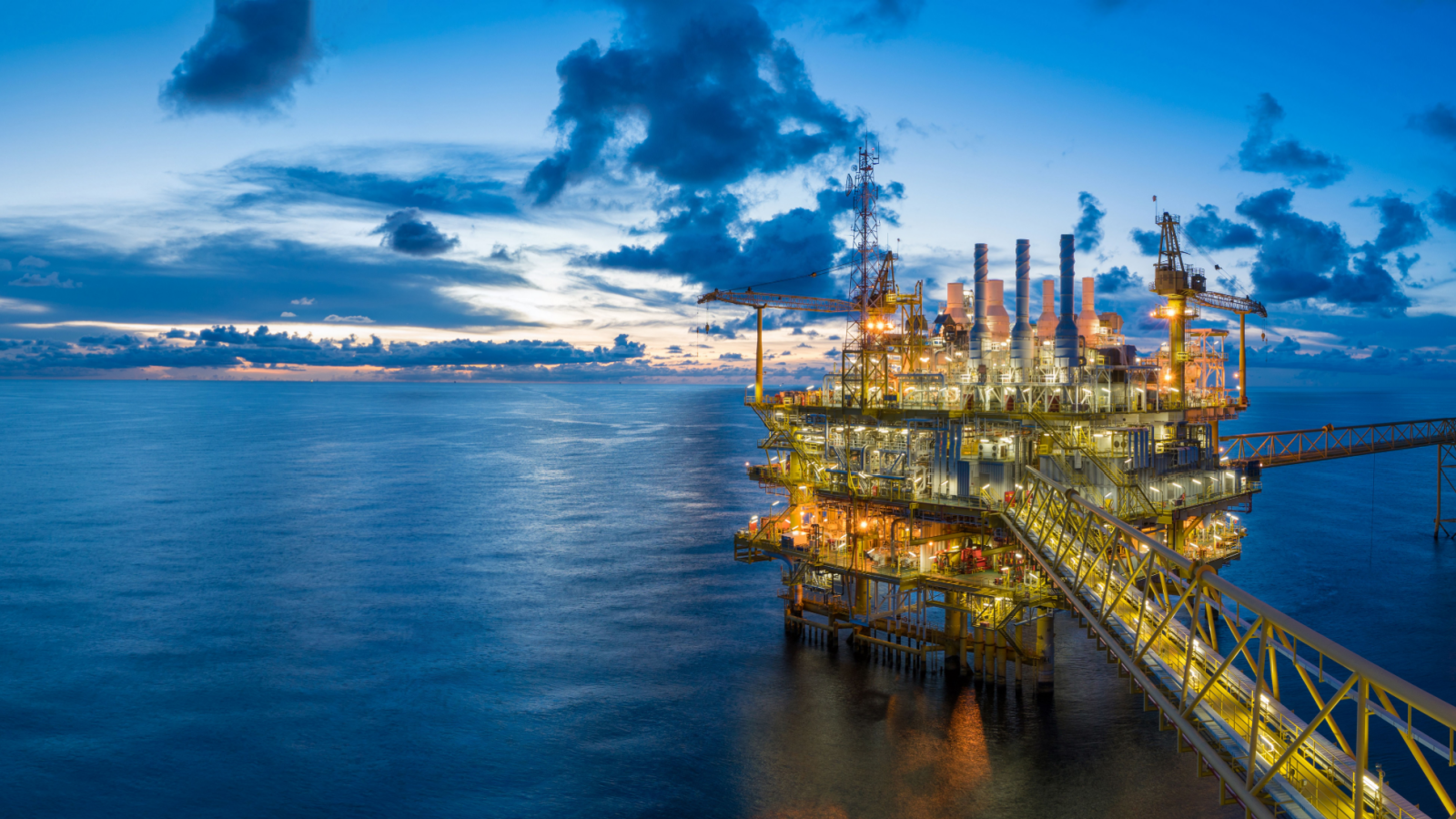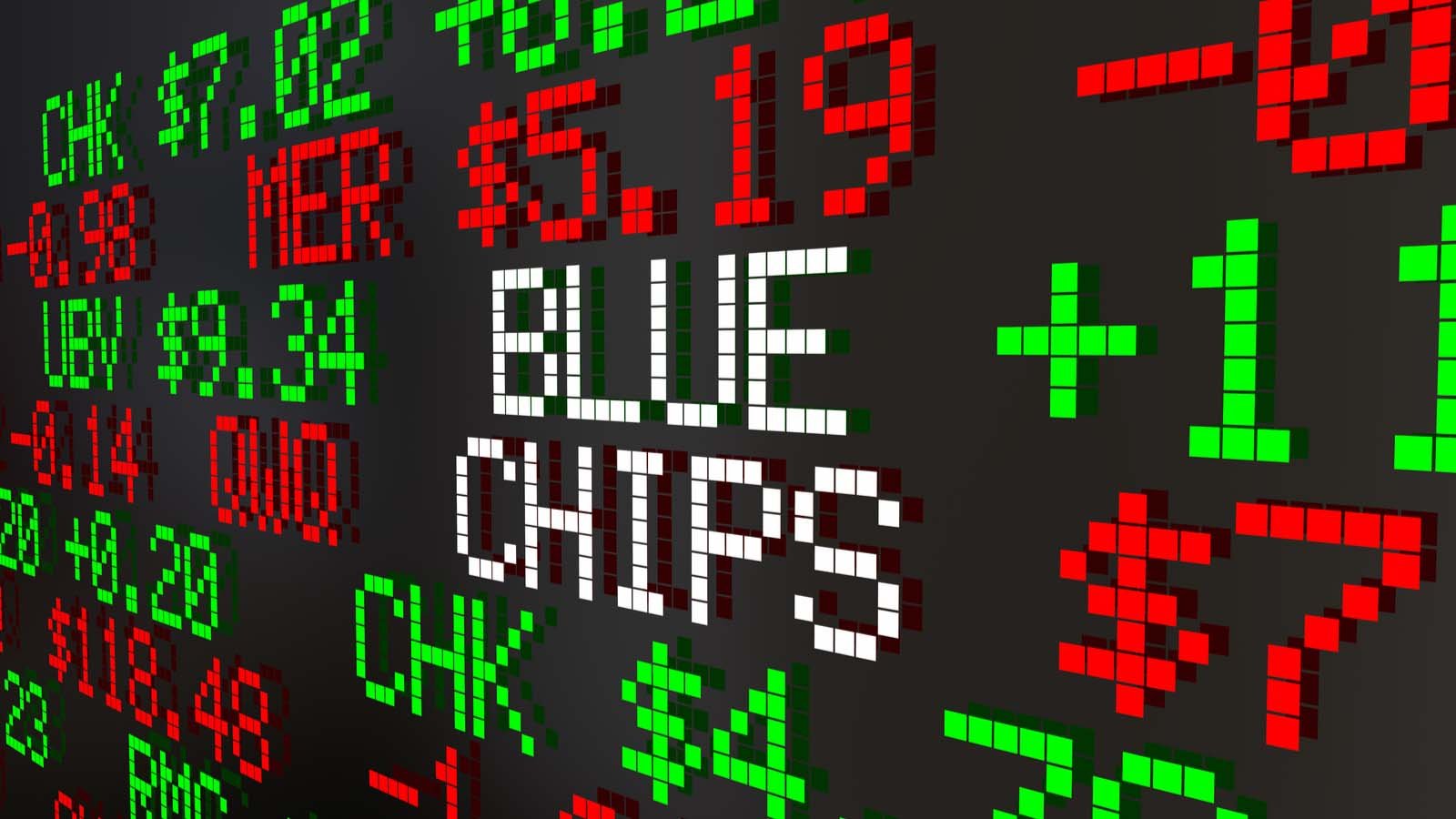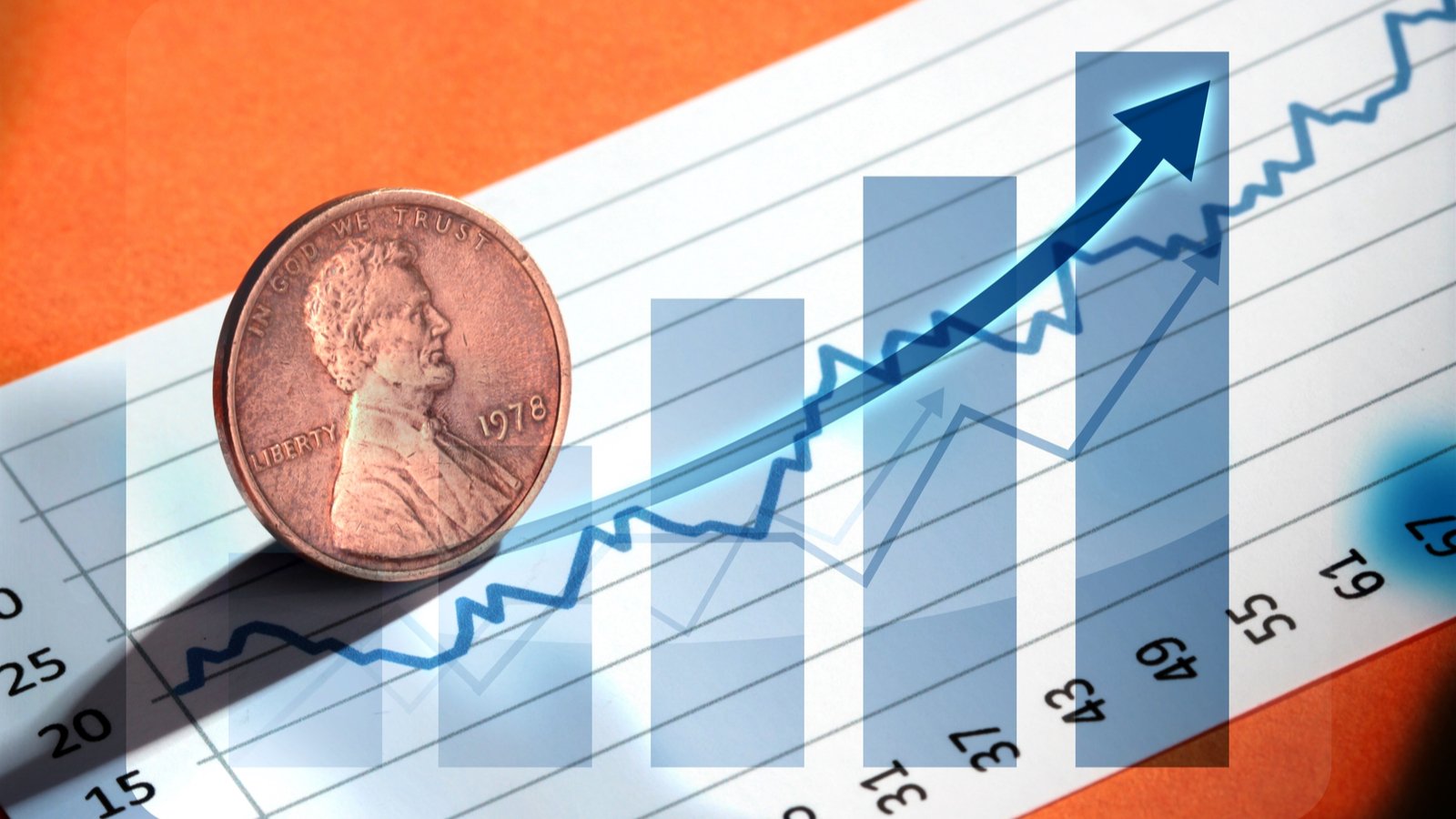Tough restrictions on travelers traveling to Germany from the United Kingdom and four other countries have been lifted, allowing fully vaccinated visitors and those with COVID-19 antibodies to travel without quarantine. On Tuesday, shares in European airlines, which are sensitive to changes in the COVID-19 picture in the region, rose. International Airlines Group IAG, +1.38 percent, which owns British Airways and other airlines, climbed alongside Lufthansa LHA, +0.87 percent, Air France-KLM AF, -1.25 percent, and low-cost carriers Ryanair RYA, +0.35 percent, easyJet EZJ, +0.94 percent, and Wizz Air IZZ, +0.94 percent.
The decision to remove the United Kingdom, as well as Portugal, Russia, India, and Nepal, from Germany’s “virus variant” list occurred only days after Prime Minister Boris Johnson and Chancellor Angela Merkel met in London. The five countries are now classified as places with a “high incidence.” Inbound passengers who are fully vaccinated, as well as those who have COVID-19 antibodies, are not required to be confined upon arrival in Germany, while unvaccinated visitors who test negative for coronavirus after five days can avoid a 10-day quarantine. Also see: How different countries are dealing with Delta variation hotspot arrivals Merkel has been one of the most outspoken members of the European Union in advocating for stricter travel restrictions to stem the spread of the more virulent delta version of coronavirus, which has emerged as the dominant strain in the United Kingdom and elsewhere. Major European stock market indexes moved slightly lower on Tuesday, but maintained near all-time highs, thanks to airline stocks. The Stoxx 600 SXXP, +0.02 percent in Europe was 0.1 percent down, while the FTSE 100 UKX, -0.05 percent in London was just below flat. The CAC 40 PX1, -0.33 percent in Paris sank 0.3 percent, while the DAX DAX, -0.42 percent in Frankfurt fell 0.5 percent. Following Monday’s market closure for Independence Day, the premarket in the United States appeared to be set for a quiet start. Dow industrials futures YM00, -0.07% were showing a 20-point drop from Friday’s 152-point rise to 34,786. After a better-than-expected jobs report, U.S. stocks hit fresh highs on Friday, with the S&P 500 SPX, +0.75 percent setting a seventh-straight record close for the first time since 1997. As the United States returned from a long weekend, analysts remarked that the macro picture for markets remained unchanged. “Indeed, the most relevant story of [Monday] was undoubtedly the one around oil, where the inability to strike a deal at the latest OPEC+ meetings propelled prices up to new two-year highs,” according to a team of Deutsche Bank strategists led by Jim Reid. Plus, on Monday, OPEC+ called off output talks once more, sending crude oil prices soaring. “Some members of the group, like Saudi Arabia, had hoped to raise production in the coming months,” Reid continued, “but the United Arab Emirates had refused to comply and wanted better terms that would change how its quota is calculated and allow it to produce more.” The news from the group of oil-producing countries propelled crude prices to their highest level since October 2018, with international benchmark Brent BRN00, +0.31 percent trading above $77 a barrel and West Texas Intermediate WBS.1, +0.10 percent trading above $76.50 a barrel. On Tuesday, oil prices rose again, with Brent crude trading at roughly $77.80 per barrel. Shares of BP BP, +0.54 percent, Royal Dutch Shell RDSA, +1.10 percent, Total TTE, +0.59 percent, and Eni ENI, +0.54 percent, all gained in tandem. After the grocery-delivery firm and robotics-logistics group announced half-year revenue and earnings above of analysts’ projections, Ocado OCDO, +2.42 percent stock climbed more than 2%. Ocado is a prominent competitor to Amazon AMZN, +2.27 percent in the British online grocery business, as well as the high-tech logistics partner of Kroger KR, +0.63 percent in the United States.
Alstom ALO, -4.73 percent shares tumbled nearly 7% on a capital markets day as the French train and railway manufacturing firm provided an update to investors. The financial year 2021/2022 will be a transition year for the corporation as it settles in after purchasing Bombardier Transportation, according to the company./n





